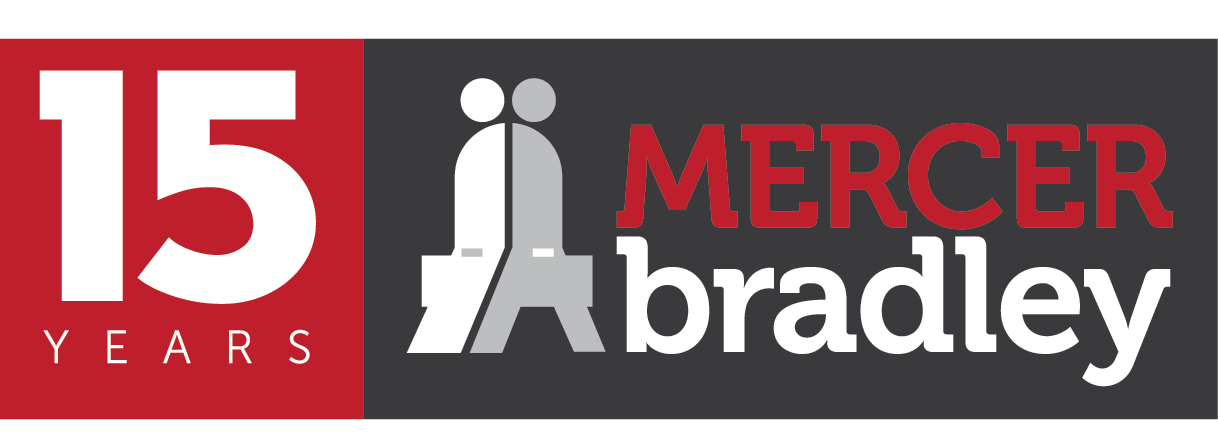The generations of employees in the workforce have different ideas of work-life balance. Many of these differences are due to significant events each generation experienced during the period they grew up in.
Maintaining a work-life balance helps reduce stress and prevent burnout. This helps your employees stay physically and mentally well. As a result, employee absences and healthcare costs decrease.
As an employer, understanding how you can promote work-life balance for members of any generation is essential. Because the majority of employees prioritize work-life balance, you can attract job seekers by showing how your company fills this need.
The more high-quality employees you have, the higher their engagement, productivity, and performance levels. This increases job satisfaction, employee morale, and retention levels.
Discover how work-life balance has evolved through the generations and how you can support this priority.
Baby Boomers and Work-Life Balance
Baby boomers were born between 1945 and 1960.
- Baby boomers experienced many hardships growing up.
- Earning a living was difficult.
- Employment and workplace stability are important.
- Baby boomers typically stay with companies for long periods.
- Many of these employees are in senior or director roles.
- Most Baby boomers report significant stress levels.
- Work-life balance is not a priority.
Gen X and Work-Life Balance
Gen X was born between 1961 and 1980.
- Gen X saw their parents work long hours with little time for themselves.
- The prioritization of work negatively impacted the family unit.
- Gen X decided to prioritize work-life balance.
- These employees are likely to use all of their paid time off.
- Telecommuting, adequate vacation time, and extended parental leave are important.
- Gen X considers work-life balance when deciding which companies to work for.
Millennials and Work-Life Balance
Millennials were born between 1981 and 2000.
- Millennials have the harshest student loan burden.
- These employees need to find stable employment to pay for their own higher education and their kids’ education.
- Paying for rising housing costs is a priority.
- Compensation and job location significantly matter.
- Perks like free coffee, beanbags, and game rooms are not very important.
- Having a career path that supports work-life balance is essential.
Gen Z and Work-Life Balance
Gen Z was born between 2001 and 2015.
- Gen Z highly value their personal lives.
- These employees want to work remotely or hybrid.
- Four-day work weeks are attractive.
- Dress codes that allow for rainbow-colored hair, visible tattoos, and body piercings are desirable.
- Diverse workforces and creative fulfillment matter.
Methods to Promote Work-Life Balance for all Generations
Offer flexibility:
- Remote or hybrid work
- Focus on outcomes rather than how the work is done
- Flexible work hours
- Unlimited paid time off
Provide a positive work experience:
- Maintain a positive company culture.
- Provide competitive compensation.
- Create a comfortable office environment.
- Offer career development opportunities.
Need Help with Hiring?
Mercer Bradley can place you with the accounting and finance candidates that your Manitoba or Winnipeg company needs to reach business goals. Get started with us today!





Leave a Reply